Premier Li Qiang, who visited several villages in Jishishan and Minhe county in neighboring Qinghai province on Saturday, urged the best possible medical treatment for those injured.
Li, who is also a member of the Standing Committee of the Political Bureau of the Communist Party of China Central Committee, said the top priority of the current relief work is to ensure that affected people stay warm and safe in winter.
During his visit, the premier talked with people affected by the disaster and learned about the work being carried out regarding resettlement, relief supplies and the construction of temporary housing.
He urged relief workers to race against time to send relief supplies and daily necessities to those living in the settlements, and build temporary houses as fast as possible for those who are currently living in tents.
As of noon on Saturday, more than 2,400 sets of mobile board houses had been delivered to the disaster-stricken areas in Gansu. In Dahejia town, multiple resettlement sites, including mini fire stations and essential service facilities, had been set up.
A National Health Commission release on Sunday said that all the injured people from the earthquake-hit areas have received timely and effective medical treatment and normal medical services in the disaster-stricken areas have been restored.
According to Hao from the Gansu Provincial Hospital, the most common health issues being reported by patients are respiratory ailments, colds, fever and diarrhea. The medical team has set up a dynamic monitoring system for individuals with chronic illnesses and is distributing medications accordingly.
Hao said that at the beginning, establishing an overall medical response process in the quake-hit site was difficult, but everything has since become very organized.
First set up in 2015, the Gansu mobile field hospital has been actively involved in various emergency medical support efforts, participating in a number of disaster response operations.
"We have a team of experienced hospital staff. We are a well-established unit capable of responding to emergency rescue scenes whenever needed," Hao said.
He added that many doctors in the team have been on the front line of fighting the pandemic for the past three years. Some colleagues had been looking forward to taking a few days off at the end of this year, when the earthquake occurred. As a mobile field hospital, their duty is to be present wherever there is an emergency.
"All our team members are on standby 24 hours a day. Currently, there is a high prevalence of respiratory infections, and several doctors have also caught colds due to the extremely cold weather and excessive workload," he said.
According to the Jishishan earthquake relief headquarters, immediately after the earthquake, the Gansu provincial health commission initiated emergency response procedures, mobilizing the entire health system to swiftly manage the treatment of the injured, implement health and epidemic prevention measures, and provide psychological counseling.
As of now, 784 injured individuals have been admitted to various medical institutions in the province.
To ensure optimal care for the injured, support their daily medical needs, and facilitate the procurement of medicines, medical institutions at all levels have established green channels, the headquarters said. They treat mild cases locally, and critical patients are rapidly transferred to higher-level hospitals, where national- and provincial-level medical experts are providing guidance on-site. Tailored treatment plans are provided for each patient, it added.
All county and township medical institutions are operational, with an additional 19 medical treatment points and one mobile hospital set up to address the routine healthcare needs of affected residents, according to the headquarters.
Furthermore, 21 ambulances and 63 medical staff have been urgently dispatched to form 21 mobile medical teams, visiting the worst-hit 35 villages in four townships and to provide medical care and transfer patients. Around 500 treatments are being provided daily by the mobile teams.
Authorities have also urgently allocated 102,000 boxes of medicines, covering categories such as cold medicines, trauma treatments, gastrointestinal medicines, and medications for high blood pressure and diabetes. The province and prefectures have allocated 74,000 milliliters of blood for clinical use, ensuring that blood stocks are sufficient to meet normal medical needs.
In response to the panic and anxiety experienced by many after the earthquake, the authorities have mobilized 28 mental health experts to provide face-to-face psychological counseling to patients, their families, affected residents and relief personnel. Over 500 affected individuals have received psychological counseling to date.
Additionally, 35 teams comprising 70 mental health experts are being formed to provide door-to-door psychological counseling services in the quake-hit areas. Over 50 mental health experts across the country will also be invited to provide online psychological crisis intervention and health consultations to those in need, the headquarters said.








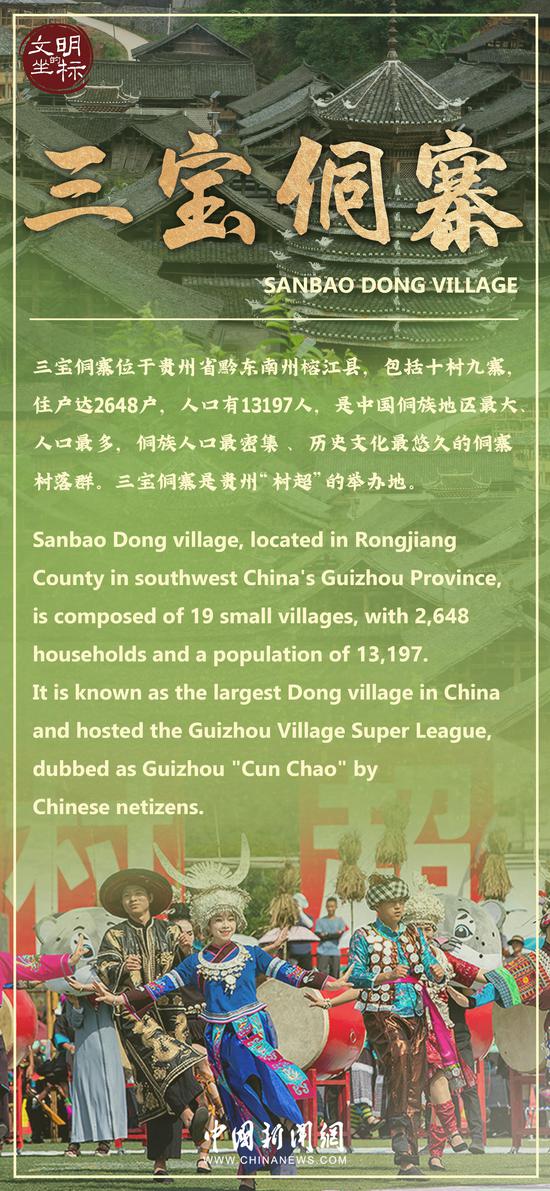

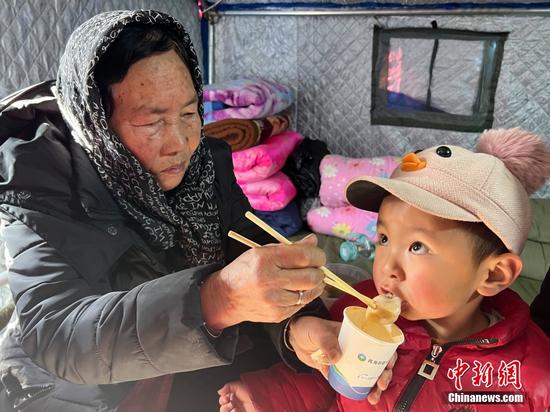

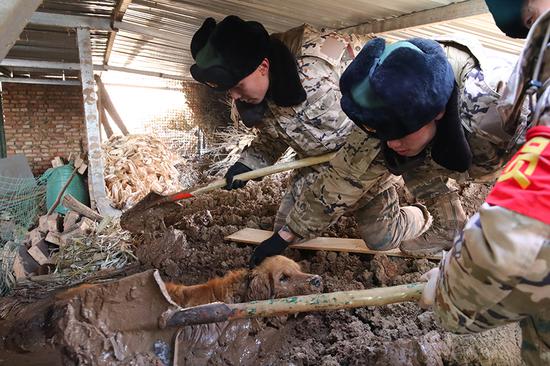
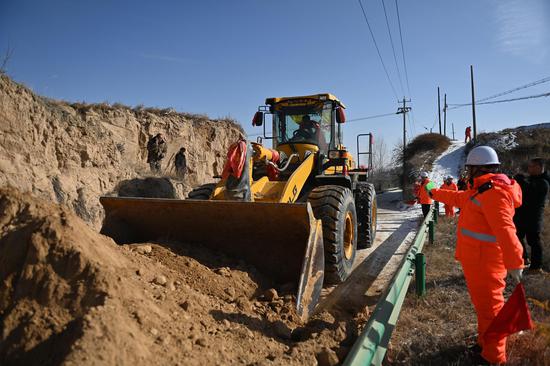
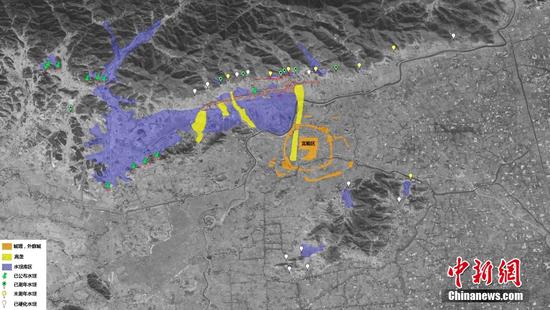
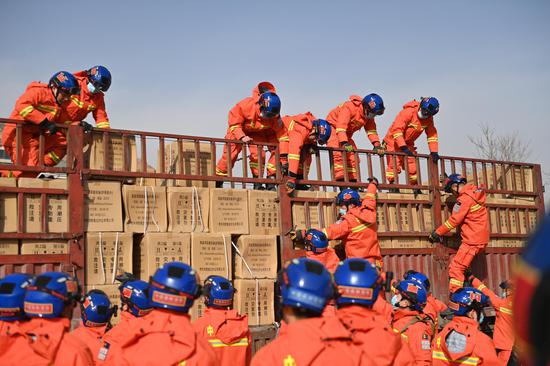

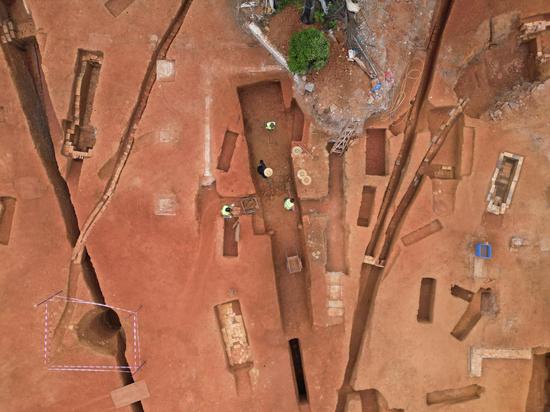

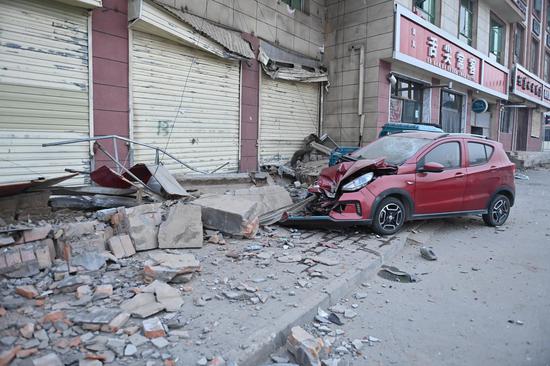

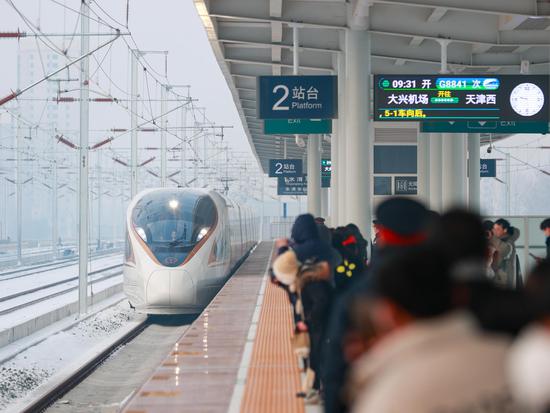

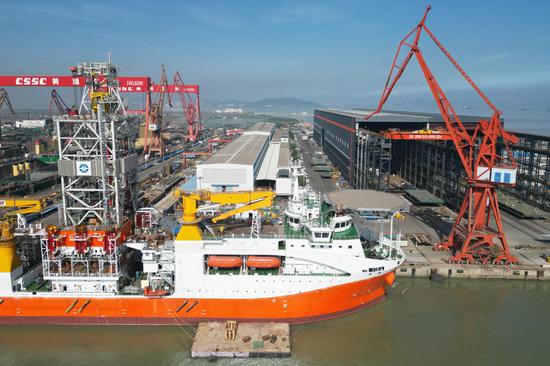
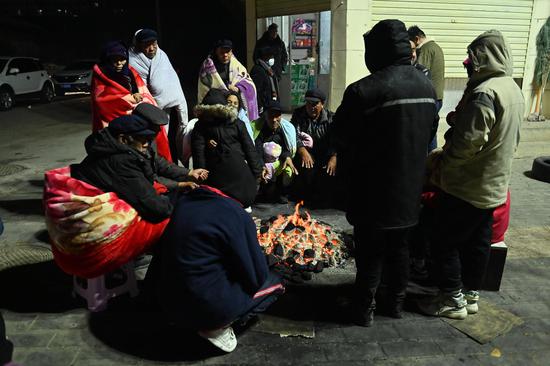
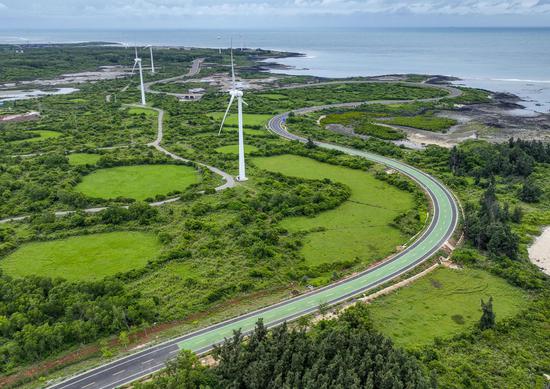
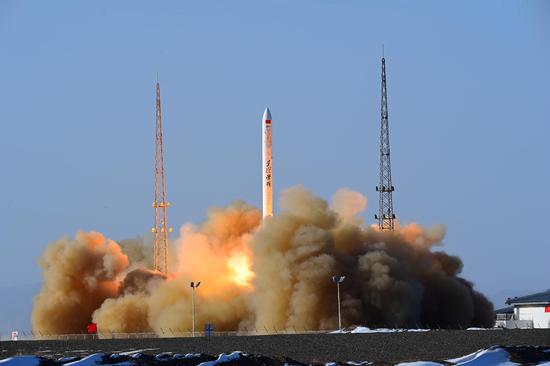
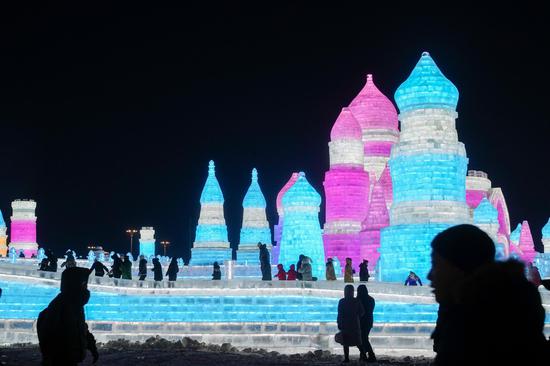
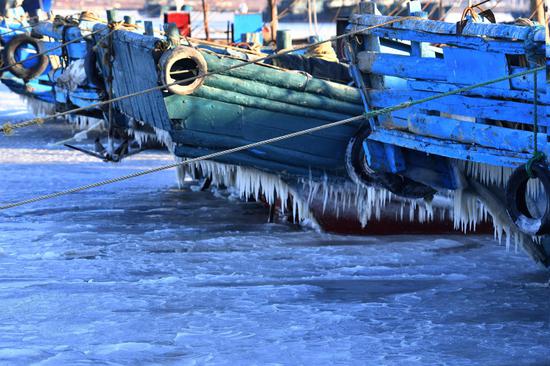
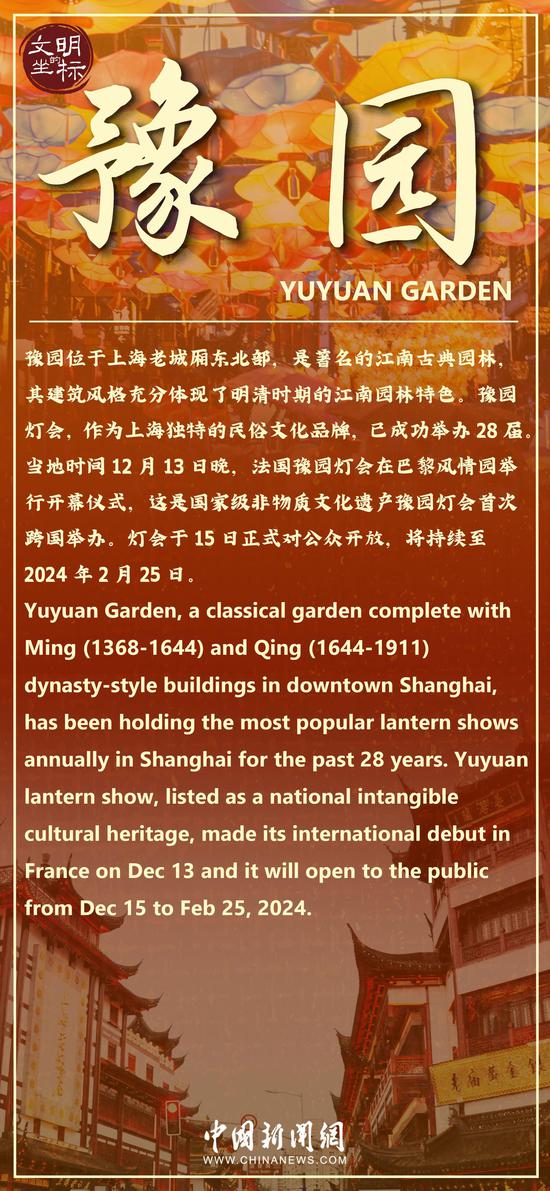

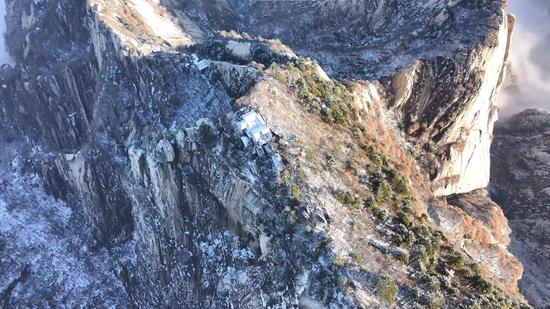

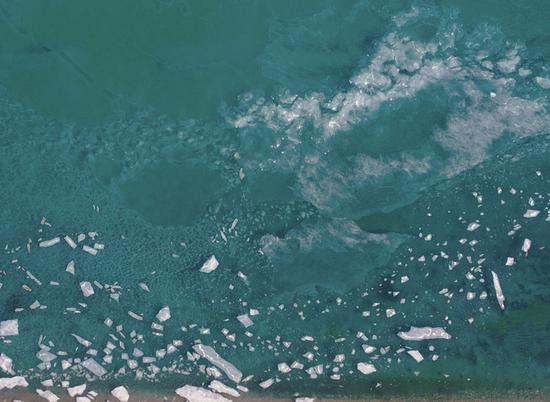
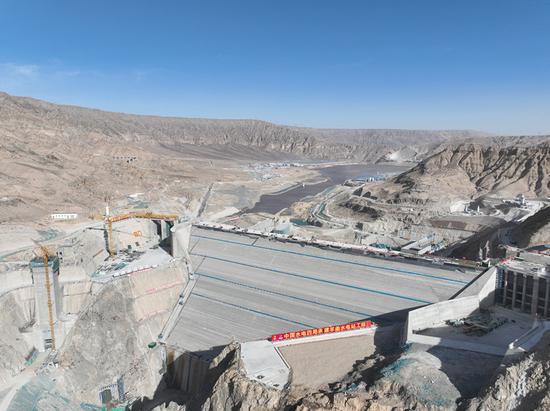

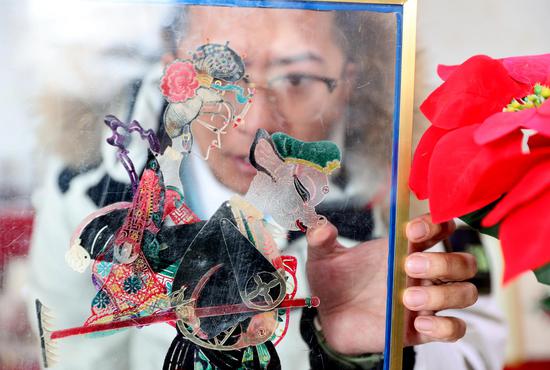
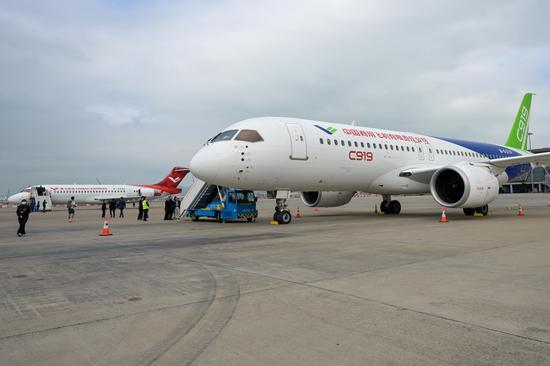
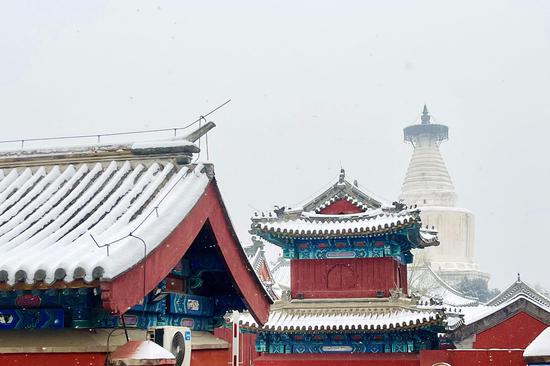

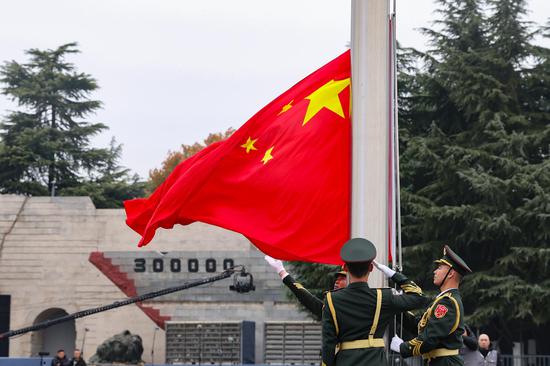
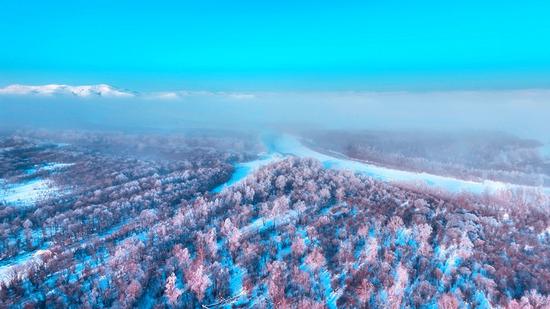
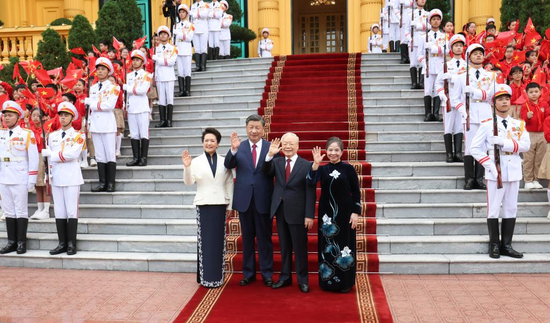
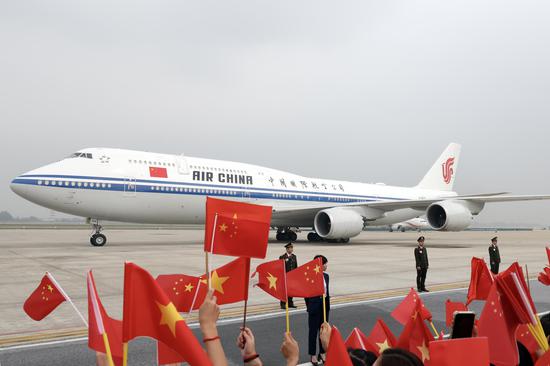
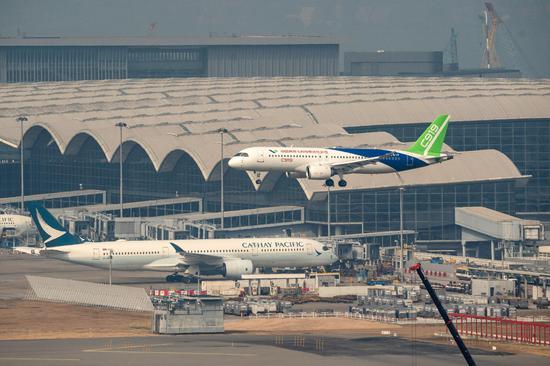





 京公网安备 11010202009201号
京公网安备 11010202009201号